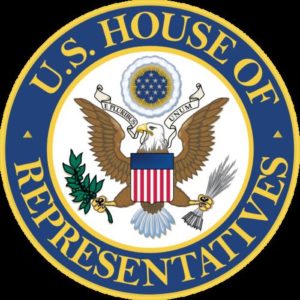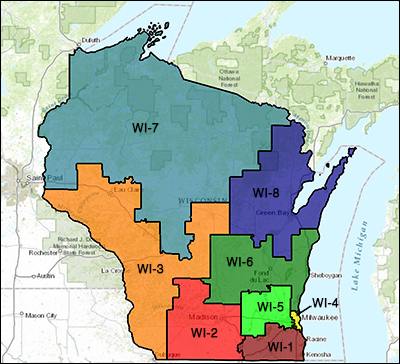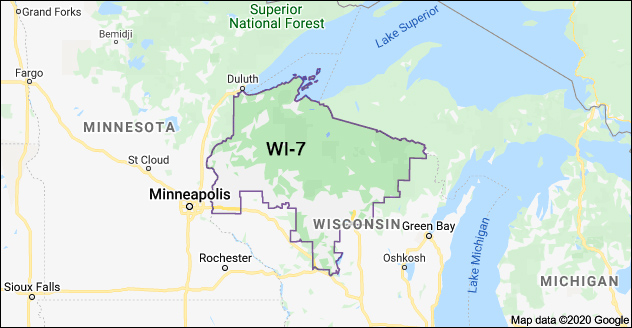By Jim Ellis
 April 21, 2020 — The April 15 deadline for releasing the 1st Quarter 2020 campaign finance reports has come and gone, so we can now begin to assess where some of the key campaigns stand with regard to their fundraising, spending, and available resources. The races headed to special elections are best defined; hence, we begin our series with this group.
April 21, 2020 — The April 15 deadline for releasing the 1st Quarter 2020 campaign finance reports has come and gone, so we can now begin to assess where some of the key campaigns stand with regard to their fundraising, spending, and available resources. The races headed to special elections are best defined; hence, we begin our series with this group.
Three special general elections will culminate in May and June. On May 12, voters in California and Wisconsin will select new House members. The New York special election follows on June 23.
The California special vote to replace resigned Rep. Katie Hill (D) in the Los Angeles/Ventura County 25th District is between state Assemblywoman Christy Smith (D-Newhall) and Republican retired Navy fighter pilot Mike Garcia.
This race looks to be about even across the board, so it may be an interesting precursor for the 2020 general elections. While Smith placed first in the special and regular primaries by relatively substantial margins (11 points in the special; 9 points in the regular), the combined Republican vote among the 13 candidates in the latter election’s jungle format was actually greater than the combined Democratic vote.
In terms of spending according to the just released numbers, Smith expended $1.529 million in the first set of elections as compared to Garcia’s $1.462 million. First quarter fundraising favors Garcia, $277,234 opposite Smith’s $258,972. Garcia also led in cash-on-hand at the end of March, $446,742 to $357,256. Each candidate can also expect at least $1 million coming into the district from party and outside organizations to aid their respective cause.
Regardless of what happens in the special election, both of these candidates have ballot position in the November general election to battle for the regular term beginning in 2021. The special election to fill the balance of the unexpired term is an all-mail exercise scheduled for May 12.
Also on May 12, northwestern Wisconsin’s 7th Congressional District vacancy will be filled. In late August, five-term Rep. Sean Duffy (R-Wausau) resigned for family reasons and the special election to replace him is just about upon us. In the early April special primary, state senator Tom Tiffany (R-Minocqua) and Wausau School Board member Tricia Zunker (D) advanced to the special general. The winner will serve the balance of the current term, and at least the future new member will file to compete in the regular election by the June 1 candidate filing deadline. The regular Wisconsin primary is scheduled for Aug. 11.





 April 2, 2020 — With the COVID-19 virus playing havoc with virtually every aspect of American life, including elections, how are the House vacant seats being affected?
April 2, 2020 — With the COVID-19 virus playing havoc with virtually every aspect of American life, including elections, how are the House vacant seats being affected?